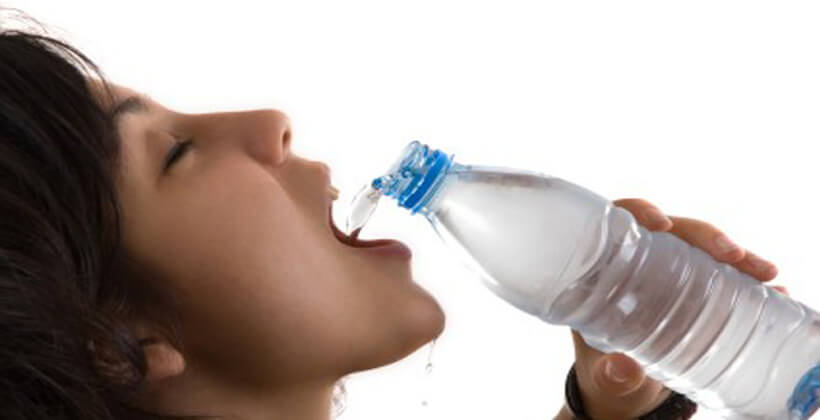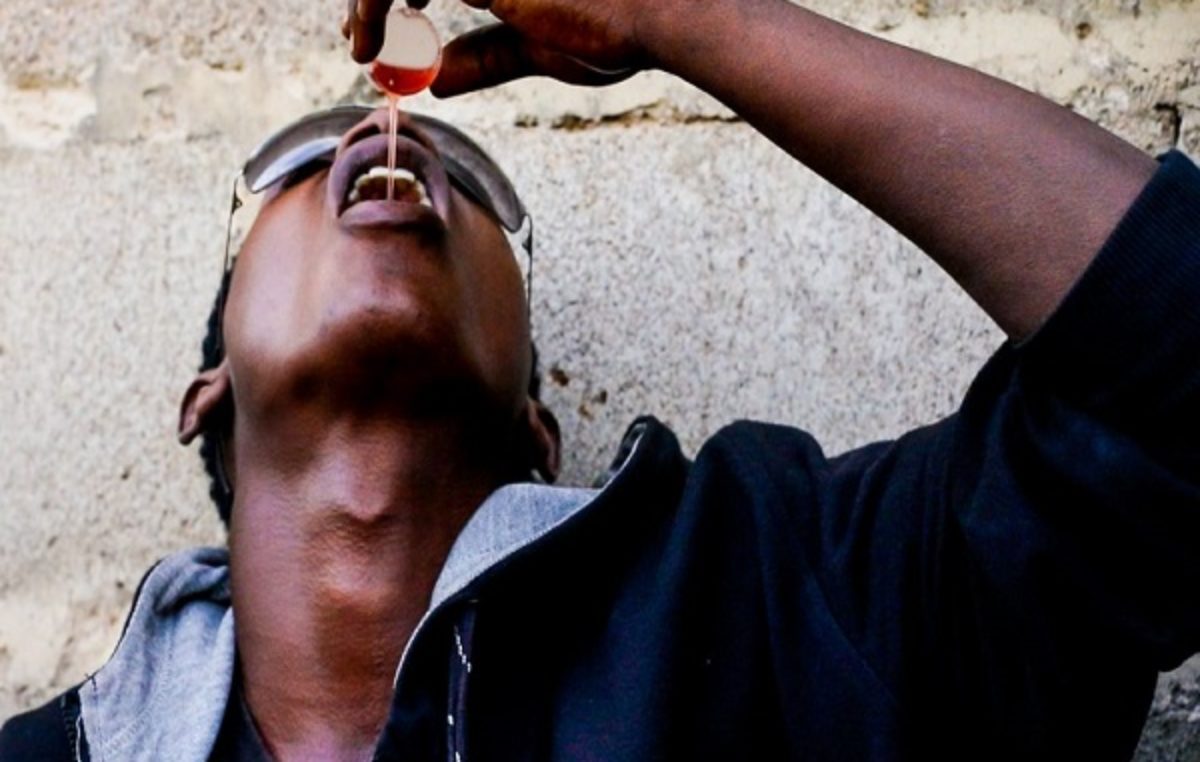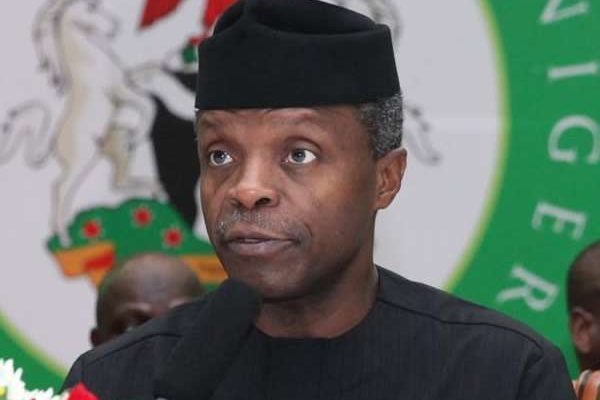69m Nigerians Lack Access To Safe Water
As Nigeria is battling one of the largest outbreaks of cholera it has ever witnessed, findings have revealed that 69 million Nigerians or 1 in 3 (35.0 percent) of the population has no access to safe water while less than 1 in 10 (9.2 percent) of households drink safe water.
These and other findings are from the 2016/2017 Multiple Indicator Cluster Survey, MICS, carried out by the National Bureau of Statistics, NBS, and the National Primary Healthcare Development Agency, NPHDA, in collaboration with the United Nations Children’s Fund, UNICEF.
The National survey which reveals the country’s progress and lapses in key areas of development also show that 2 out of every 3 households (64.1 percent) use improved water sources while a little more than one-third (35.9 percent) used improved sanitation compared to 58.5 percent and 31 percent respectively in 2011.
The MICS indicates that most households do not have access to clean water sources and that in the rural areas, millions walk long distances to collect unsafe water from lakes, streams and rivers.
A breakdown of the MICS reveals that overwhelming majority of 90.8 percent of households in the country drink water contaminated by faeces and other impure substances such as Escherichia coli (E.Coli) – a bacterial pathogen.
From the MICS, E. Coli is a major contaminant in water consumed by Nigerians without access to safely-managed drinking water. Experts say globally, 1.8 billion people are drinking water contaminated by E.Coli that can cause people illnesses such as diarrhoea.
The report showcases diarrhoea as a major cause of sickness for children with about 41 percent coming down with diarrhoea without treatment.
From the report, even though 64.1 per cent of Nigerians had access to improved drinking water sources, the North East zone lagged with 52.4 per cent, while the South West topped the chart with 87.3 per cent of residents having access to improved water sources.
The South East zone ranked second with 80.1 percent, South South 75.5 percent, and North West 58.6 percent with improved water. Universal access to clean water and sanitation is one of the 17 Sustainable Development Goals, SDGs for the 2030 Agenda for Sustainable Development. Goal 6 specifically states that countries should ensure access to water and sanitation for all.
Health experts say water scarcity, poor water quality and inadequate sanitation negatively impact food security, livelihood choices and educational opportunities for poor families across the world. According to UNICEF, access to safe drinking water remains a challenge to majority of Nigerians, especially in the rural areas where many children in spend hours daily searching for water, and missing out on school.
The Chief of UNICEF’s Water, Sanitation and Hygiene, WASH, Nigeria, Mr. Zaid Jurji, said the fact that less than 10 per cent of Nigerians have access to safe water, calls for serious budgeting allocation to WASH. Jurji noted that if Nigeria tripled its investment to a minimum of 1.7 per cent from the current 0.6 per cent GDP, it would meet the SDGs by 2030. Quoting World Bank estimates, he said Nigeria will only attain the SDG target by making an investment of $8 billion annually until 2030.
He added that 88 percent of diarrhoea cases worldwide are linked to unsafe water, a scourge which remains the second killer of children, adding that $1 investment in water and sanitation will bring back $25 dollar benefits.
Also noting that 25 per cent of Nigerians defecate in the open, he said: “Water is essential for the survival and development of all children. Without water, children simply cannot stay alive or thrive in a healthy environment. Water resources, and the range of services they provide, strengthen poverty reduction, economic growth and environmental sustainability”.
On his part, UNICEF WASH Specialist, Drissa Yeo, said: “You can easily get your food and drinking water contaminated even though it is coming from a borehole. This is where E.coli comes in.
“Diarrhoea is one of the main-killers in the world, today if you get contaminated with cholera, and if you do not receive the appropriate treatment in 24 to 48 hours, you can pass on. Dysentery can give you some time to take care of yourself but not cholera”.
He recommended that people should purify their water, adding that whether a community has borehole or not, with open defecation, handmade wells are not protected because they are prone to external contamination and therefore do not qualify as safe drinking water. Speaking on the MICS survey in Enugu, UNICEF Monitoring and Evaluation Specialist, Mrs. Maureen Zubie-Okolo, urged government at all levels to implement policies that will increase access by Nigerian to improved water sources and sanitation.
Zubie-Okolo at also noted that water-borne diseases, such as diarrhea had been the leading cause of hospital admissions, especially among under-five children.
“Access to basic water and sanitation will promote wellbeing of citizens and reduce preventable diseases and deaths among the populace. The overall goal of the report was to advocate for a change in policy formulation and implementation for the development of the nation,” she added.




